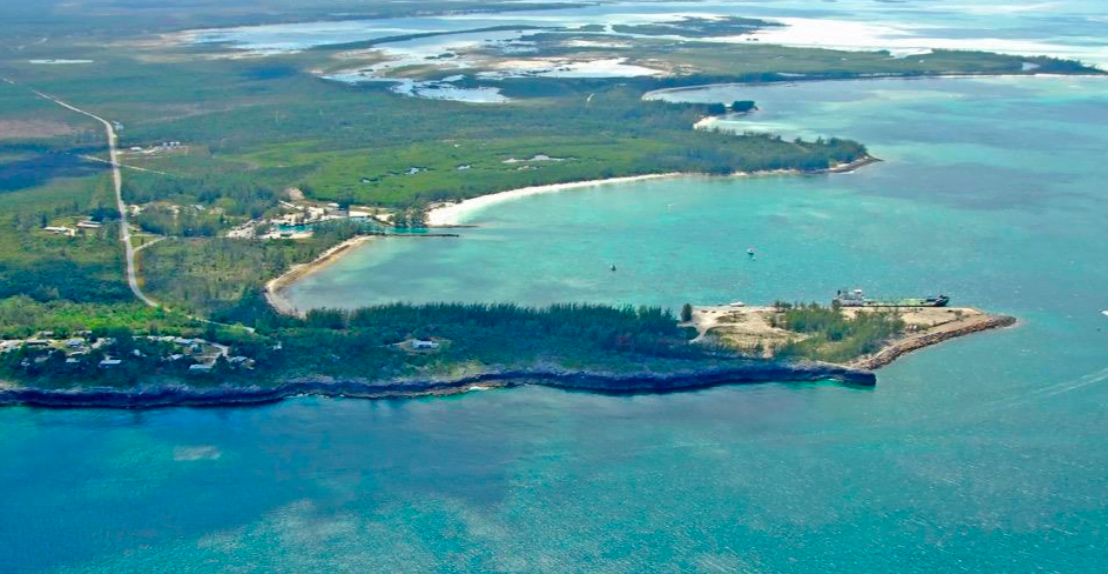NASSAU, BAHAMAS — A US based conservation organization most known for protecting birds and their habitats has raised concern over one of three Andros projects being considered by the government.
The National Audubon Society noted in a statement that as Piping Plovers are nesting in record numbers on the US Atlantic Coast, their recovery could be jeopardized by a series of mining proposals in The Bahamas, where they spend almost two-thirds of each year.
“The Bahamian government is considering three projects to open part of Andros in the northwest of the archipelago to aragonite mining,” the statement read.
“While all three projects will have some impact on birds, one will directly impact Joulter Cays National Park if it moves forward. A globally significant Important Bird Area, Joulter Cays hosts 10 percent of the Atlantic Coast Piping Plover population, along with many other sea- and shorebird species.”
Matt Jeffery, deputy director of the National Audubon Society’s International Alliances Program, said: “This is one of the most important wintering areas for Piping Plovers.
“These projects would put a number of bird species at risk that are already facing the threat of climate change.”
Working with partners at the Bahamas National Trust, it was noted that Audubon scientists found hundreds of Piping Plovers wintering in Joulter Cays, helping to solve the mystery of where they overwinter.
Joulter Cays was designated a 92,000-acre national park in 2015, and supports the country’s multimillion-dollar fishing and ecotourism industries.
“Piping Plovers depend on beaches to survive, and they already face nearly insurmountable threats here in the Northeast—including coastal development, sea level rise, predators, and people and dogs who get too close,” said Ana Paula Tavares, executive director of Audubon Connecticut and Audubon New York.
“An added threat to their wintering grounds could reverse decades of progress made by dedicated volunteers and partners in conservation, and we want to ensure that these endearing birds remain around for future generations to enjoy.”
The site is also an important migratory stopover for thousands of other bird species throughout North America.
Earlier this week, the Bahamas National Trust (BNT) voiced concerns over three unofficial and incomplete development proposals in North Andros.
BNT Executive Director Eric Carey said the proposals for aragonite mining and commercial development pose significant impact to the environment, including five of six protected national parks on the island.
The proposed multi-million dollar project that would require aragonite mining in Morgan’s Bluff has already been opposed by some Androsians and environmentalists.
According to the document submitted last September, the North Andros Green Free Trade Zone project would be modeled after the 1955 Hawksbill Creek Agreement – which gives the Grand Bahama Port Authority responsible for the development, administration, and management in the Port Area.
The project proposes the development of an air-sea manufacturing/commercial park; a 10,000-foot international runway and terminal, with police, customs, emergency services, and immigration; and a deep water international port, also with law enforcement.
It would also include a medical research center with a clinic; an eco-tourism destination including cruise ship berths, hotel, village, restaurants, beach; and an Economic Center with retail, commercial and residential lots.
However, a critical part of the project would include the processing and manufacturing of limestone from the development and aragonite harvesting from the Joulter Cays Sand Bank area.


















